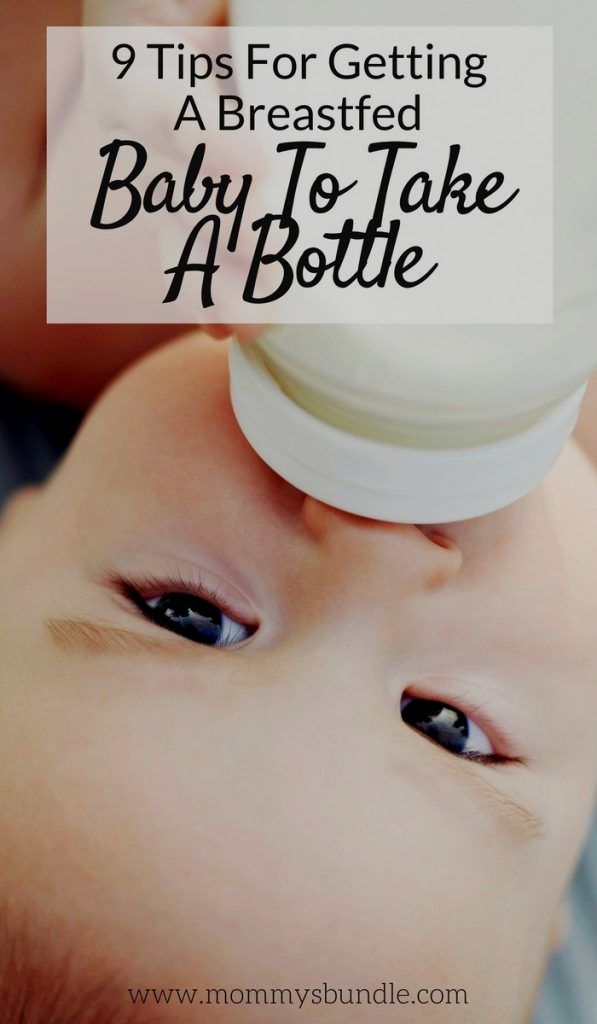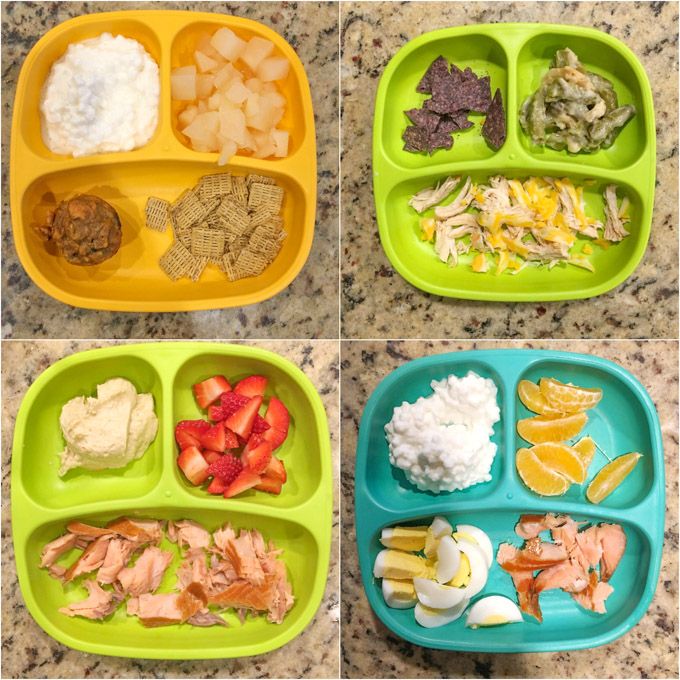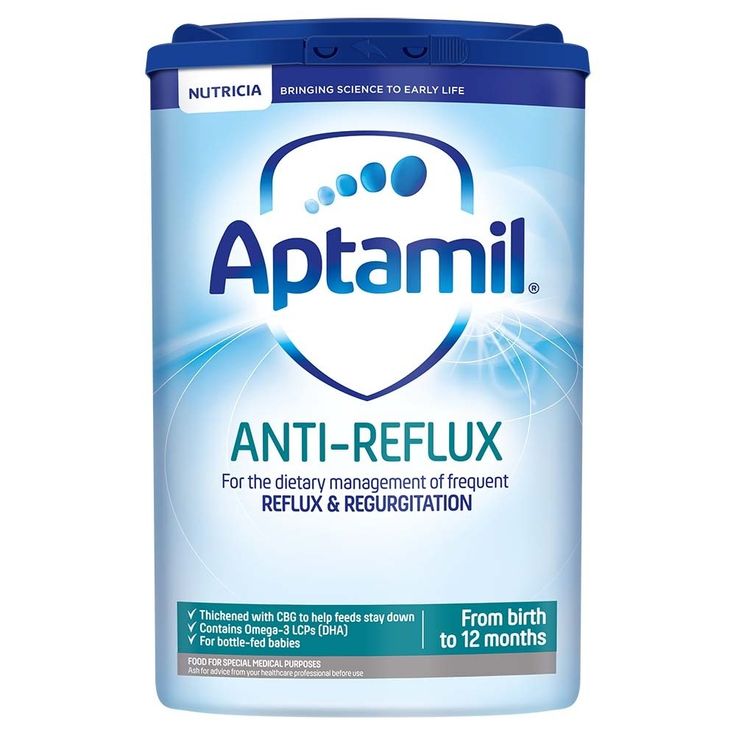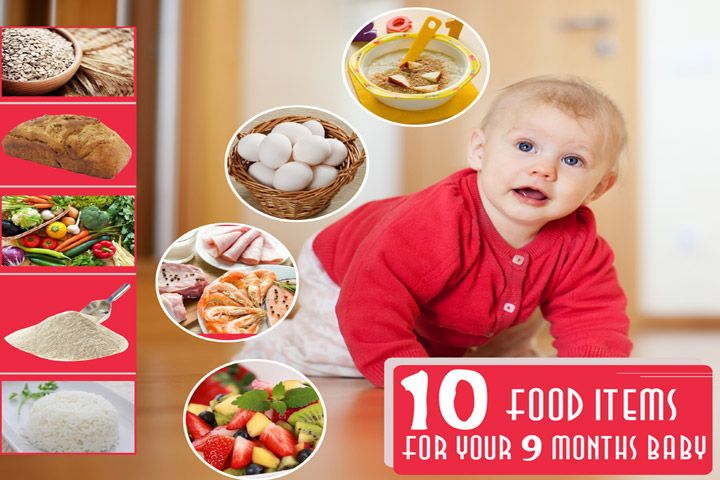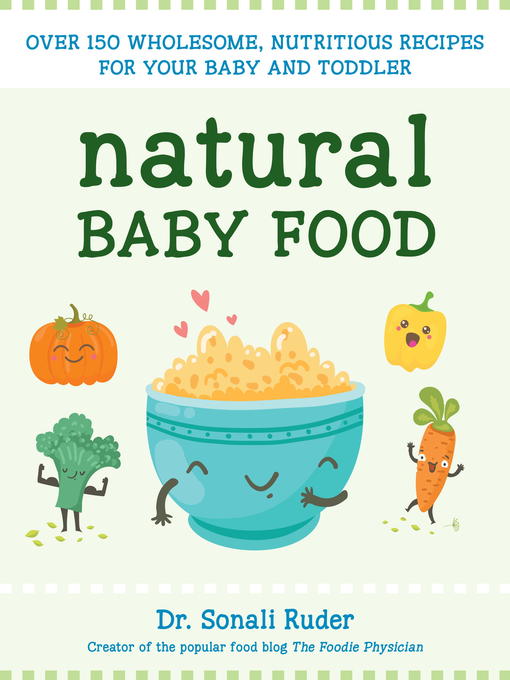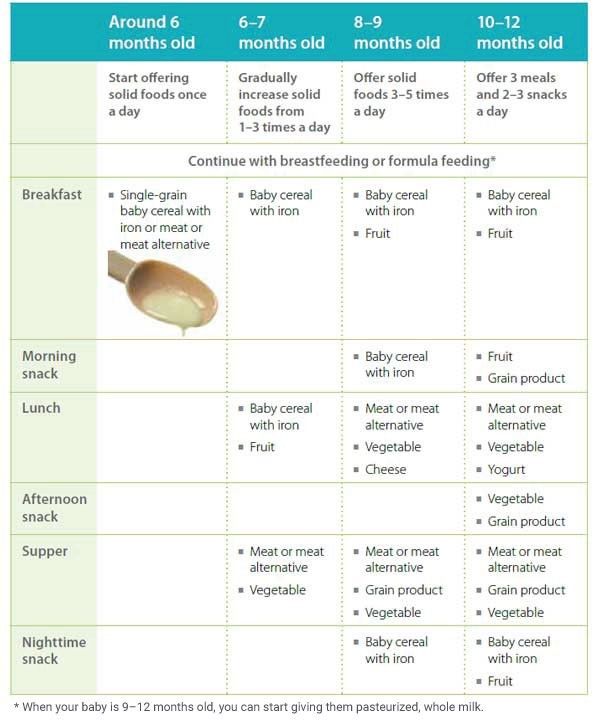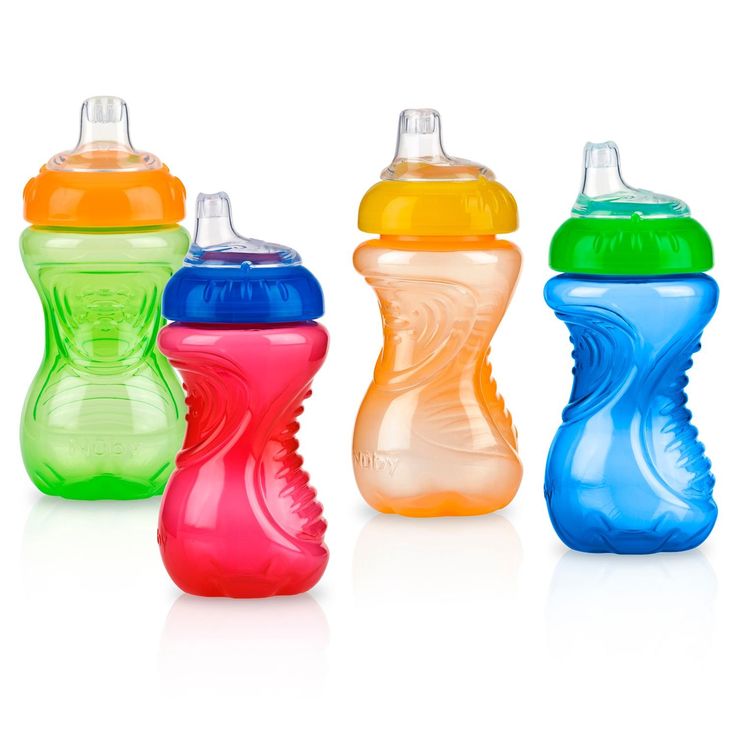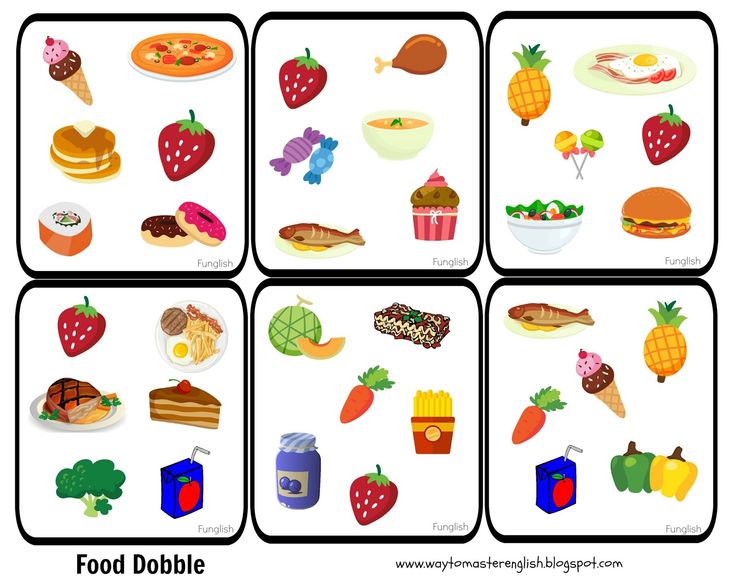Foods that keep breastfed babies awake
My Baby Won't Sleep. Was It Something I Ate?
New parents don’t expect to get much sleep, but you may have more power than you think to improve your odds of some decent rest. Both when you’re pregnant and while you’re breastfeeding, the food you eat can directly affect your baby’s (and therefore your own) ability to get some shut-eye. Here’s some of the main foods to watch, and how to test if your diet is keeping your family awake.
CaffeineMany OBGYNs give their pregnant patients the go-ahead to consume up to 200mg of caffeine (about one cup of coffee) per day. The caffeine makes its way through the placenta to your developing baby, so you’re not imagining things if you notice a flurry of fetal activity post-cappuccino!
You may not be drinking coffee before bed, but several other treats contain caffeine, including some kinds of tea, chocolate, and many soft drinks. Even relatively small doses might be enough to keep your unborn baby kicking when you’re trying to get to sleep. The same goes for caffeine consumption with a nursing infant.
(Looking for an alternative nightly treat? Smoothies are a fun way to blend up a few of the 6-8 servings of fruits and veggies expectant moms should aim for daily. Green Blender has tons of recipe ideas to satisfy your cravings.)
Spicy FoodsYou might be surprised to learn that breast milk doesn’t come in just one flavor. Traces of the foods you eat make their way into the milk, which helps your baby get used to new flavors. (Once you introduce solids, you may discover your baby shares your love for strawberries.) Like anyone, your baby won’t always enjoy everything she tastes. Your garlic bread, jalapeno poppers, or extra spicy pad thai may disagree with your newborn’s stomach. Babies who are prone to acid reflux or GERD may be especially sensitive to spice.
Acidic or Gassy FoodsHeat level isn’t the only factor that can cause an upset tummy in your baby or aggravate pregnancy heartburn. Keep an eye out for highly acidic foods in your diet, as well as foods that tend to cause gas. Common acidic foods to watch for include citrus fruit, tomatoes, and apples. Common gassy foods include beans and cruciferous veggies like broccoli, cauliflower, and kale.
Keep an eye out for highly acidic foods in your diet, as well as foods that tend to cause gas. Common acidic foods to watch for include citrus fruit, tomatoes, and apples. Common gassy foods include beans and cruciferous veggies like broccoli, cauliflower, and kale.
Fortunately, you’ve got a wide variety of fruits and veggies to choose from that are often easier to digest, such as:
- Cantaloupe
- Honeydew
- Strawberries
- Raspberries
- Kiwi
- Cucumber
- Bell pepper
- Greens (such as spinach)
- Zucchini
If you have a family history of food allergies and your baby is sensitive to eczema, your little one may be especially susceptible to a food allergy. Some of the most common allergenic foods are:
- Milk
- Eggs
- Shellfish
- Peanuts
- Tree nuts
- Soy
Some studies have indicated that eliminating these foods from a breastfeeding mother’s diet can significantly reduce colicky crying in babies younger than 6 weeks old, meaning more sleep for everyone!
How to Test Your DietYou want better sleep, both for you and your baby.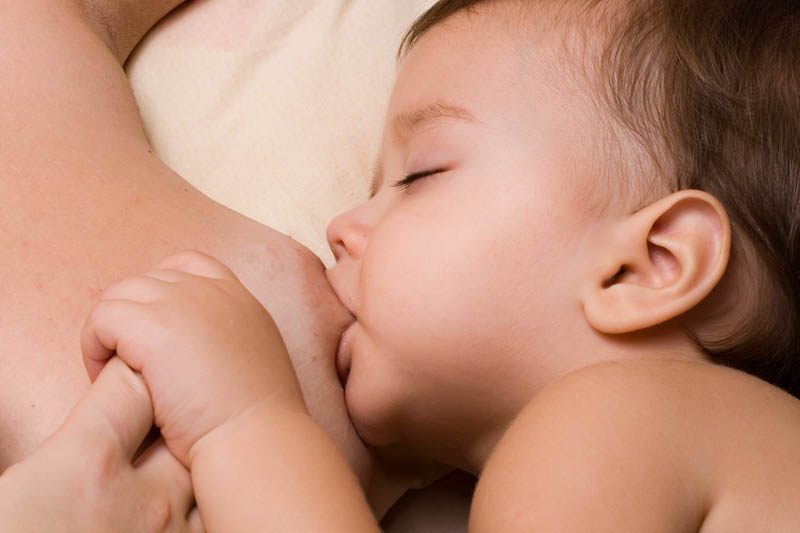 So how do you get it? Here’s a step-by-step guide which addresses your diet that even sleep-deprived new parents can follow:
So how do you get it? Here’s a step-by-step guide which addresses your diet that even sleep-deprived new parents can follow:
1. Track your meals. If you’re recording your baby’s feeding sessions, add a column for yourself. A trigger food may not have an effect until the next day, so it’s easier to spot patterns when you have a written record to check.
2. Test your guesses. Notice your baby’s fussy the next day whenever you eat shrimp? Shellfish may be the culprit. Eliminate the food for a week and see if sleep and crying patterns improve.
3. Talk to your pediatrician. Depending on your family history of food allergies, your pediatrician may advise running tests or eliminating and reintroducing foods on a particular schedule.
A healthy, balanced diet plays a huge role in ensuring you and your little one get the vitamins and nutrients you need to feel your best. Now that you know which foods can keep your baby up, a few tweaks on your plate may result in better sleep for you both.
Is your diet keeping your baby awake
By Pinky McKay
Could YOUR diet be contributing to sleepless nights for your baby (and you)? The chances are, if you or your partner suffer from allergies such as eczema, asthma or hay fever, or if there is a family history of allergies, there is a stronger possibility that your baby’s restlessness and poor sleep could be due to food sensitivity or allergies – and he could be reacting to foods passing through your breast milk.
Food allergies in exclusively breastfed babies are caused by foods that pass into your breast milk, not to your breast-milk itself. Allergies in infants may cause symptoms including: colic, nausea, vomiting and reflux, wheezing and respiratory congestion, dermatitis, eczema, and various rashes (although other medical causes should be ruled out for these symptoms). Because babies may be sensitised to foods in utero, it is wise to avoid non-essential foods that are common allergens and eat others in moderation during pregnancy and for the first year after birth if you are breastfeeding. The most common culprit is cow’s milk protein (found in milk, cheese, yoghurt).
The most common culprit is cow’s milk protein (found in milk, cheese, yoghurt).
In one study at a UK sleep clinic, 12 per cent of thirteen-month-old infants who presented with persistent night-waking for which no other causes were found, were taken off all milk products when cow’s milk intolerance was suspected. In most of these children, sleep normalised within five weeks, with night-time awakenings falling to nil or once per night. A subsequent milk challenge (double blind) induced the reappearance of insomnia and, after a year, when the challenge was repeated, all but one child reacted as before.
Other foods that may cause allergies are peanuts, eggs, soya products, fish, wheat, citrus and chocolate. However, reactions to foods seem to vary widely among individuals. Some sensitive babies react even to small amounts of certain foods in their mothers’ diets, so allergy symptoms (including frequent night waking), can be alleviated by the elimination of offending foods from the mother’s diet.
The best way to protect your baby from allergies is to breastfeed exclusively for the first six months. If you are bottle-feeding and suspect allergies to cow’s milk, consult your doctor about trying a hypoallergenic formula (these are available on prescription).
Food additives are present in ever-increasing numbers in almost all processed foods and these can dramatically affect sleep patterns and behaviour. Some babies and children can also become restless after eating foods containing salicylates. These are naturally occurring chemicals which are found in otherwise healthy foods such as broccoli, grapes, apples, oranges and tomatoes as well as in some processed foods.
I have seen remarkable changes in babies’ sleep patterns with simple tweaks to either mum or baby’s diets. For instance, a very unsettled 4 week old baby whose mother cut out orange juice, became calm and slept soundly within 48 hours! An eight month old who loved broccoli but was waking up to ten times a night, settled and woke at around 10 pm and at 5 am (but resettled after a breastfeed), when broccoli was eliminated. Other babies have slept well after the elimination of grapes and berries (also high salicylate foods) from their own and mum’s diets.
Other babies have slept well after the elimination of grapes and berries (also high salicylate foods) from their own and mum’s diets.
Tracking down offending foods in your child’s or your own diet may take some effort, especially for already exhausted parents, but in the long run it could gain you more sleep. If you think that sleeplessness may be related to foods in your diet passing through your breast-milk, keep a notepad handy and jot down your baby’s crying times and what you eat to see if they are linked. If there appears to be a ‘cause and effect’ between foods in your diet and your baby’s crying, an inexpensive and simple solution is to eliminate the suspect food for at least a week, preferably two weeks. If your baby’s sleep patterns improve, you can either be thankful and avoid the suspect food, or you can reintroduce a small amount of the food into your diet – if the night-waking or allergy symptoms re-occur, you can be pretty certain you have ‘nailed’ the culprit. Elimination of foods may take anywhere from a few days to several weeks to make a difference to your baby’s behaviour so allergies are difficult to prove or disprove, but if it calms your baby (and you), modifying your diet is a small sacrifice.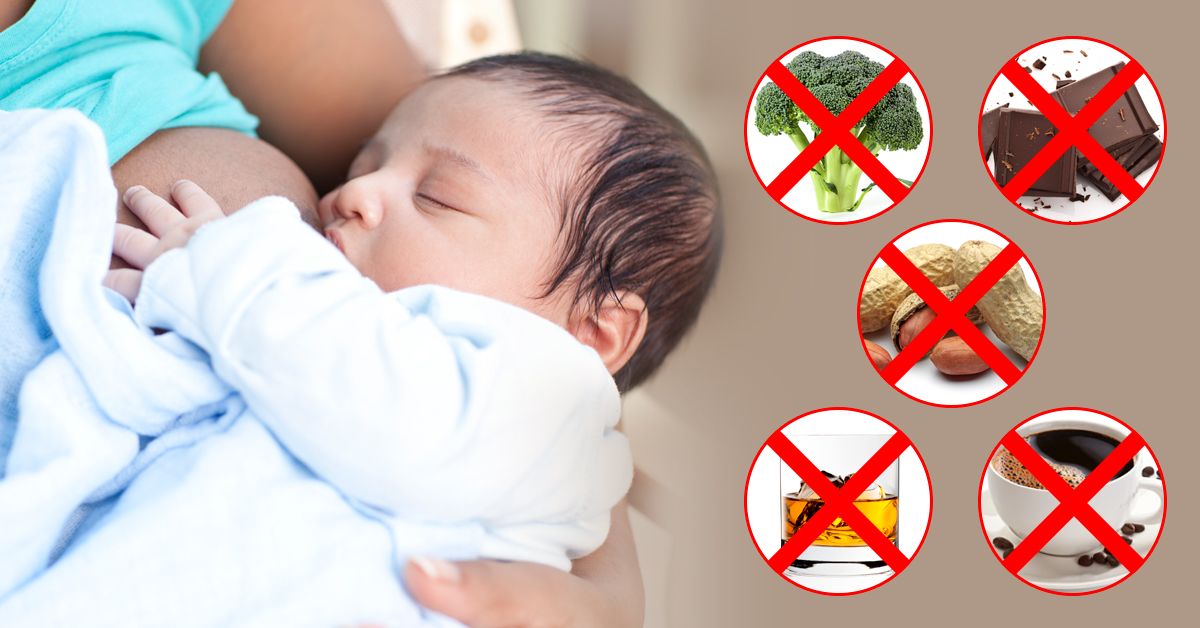
Sometimes, sleep will be elusive without major dietary changes but in other cases it will just be a matter of balance, perhaps taking care not to overload on certain foods that seem to affect your child. A good guide to sensible eating is to include a wide variety of foods in as close to their natural state as possible. This means that eating fresh vegetables, whole grains, fish, meats and free-range eggs, and drinking plain milk or water instead of filling your supermarket trolley with frozen chicken nuggets, snack bars, coloured yoghurts and juice boxes, could see you and your little ones all sleeping more soundly. If you find the thought of changing your diet overwhelming, seek help from an appropriate professional such as a dietician.
Pinky McKay is a best-selling author, lactation consultant and mum of five.
Check out Pinky’s Parenting by Heart Mummy Meet-ups – these are free informal meet up groups of mums, babies and small children who share and support gentle parenting.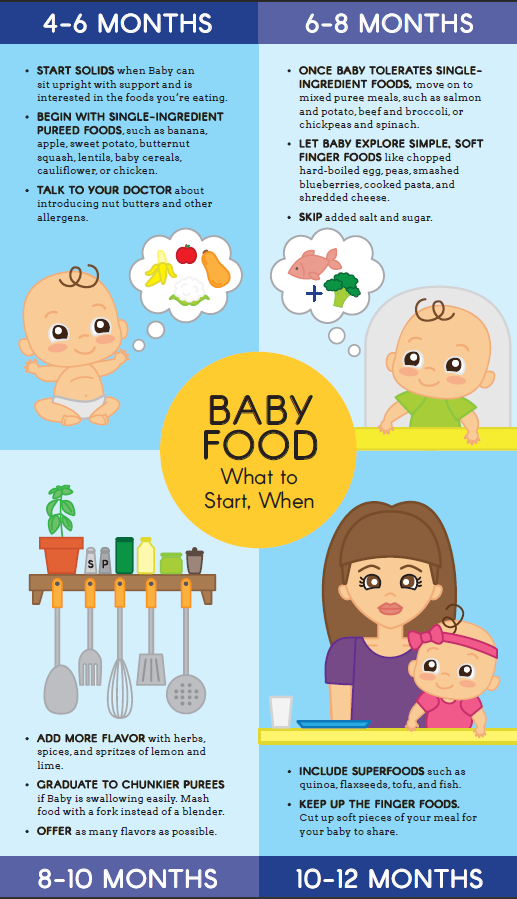
Pediatrician's advice to young mothers - GAU RS (Y) "Medical Center of Yakutsk"
On August 1-7, the World Health Organization announced a week of support for breastfeeding. Pediatricians recommend breastfeeding a baby from the first hours of birth to six months, and if possible even longer. Breastfeeding should be at the request of the child, and not by the hour. Bottles and pacifiers should be avoided.
Mother's milk provides the baby with all the nutrients necessary for healthy development, contains antibodies that help protect against many childhood diseases. Breastfeeding also benefits mothers as it is associated with natural birth control (98% protection against unwanted pregnancy in the first six months after birth). It reduces the risk of breast and ovarian cancer, type II diabetes, and postpartum depression.
But what if there is not enough milk or the baby refuses to breastfeed? For questions about breastfeeding and how to take care of a small child, we turned to Tatyana Yakovleva, pediatrician of the polyclinic department No.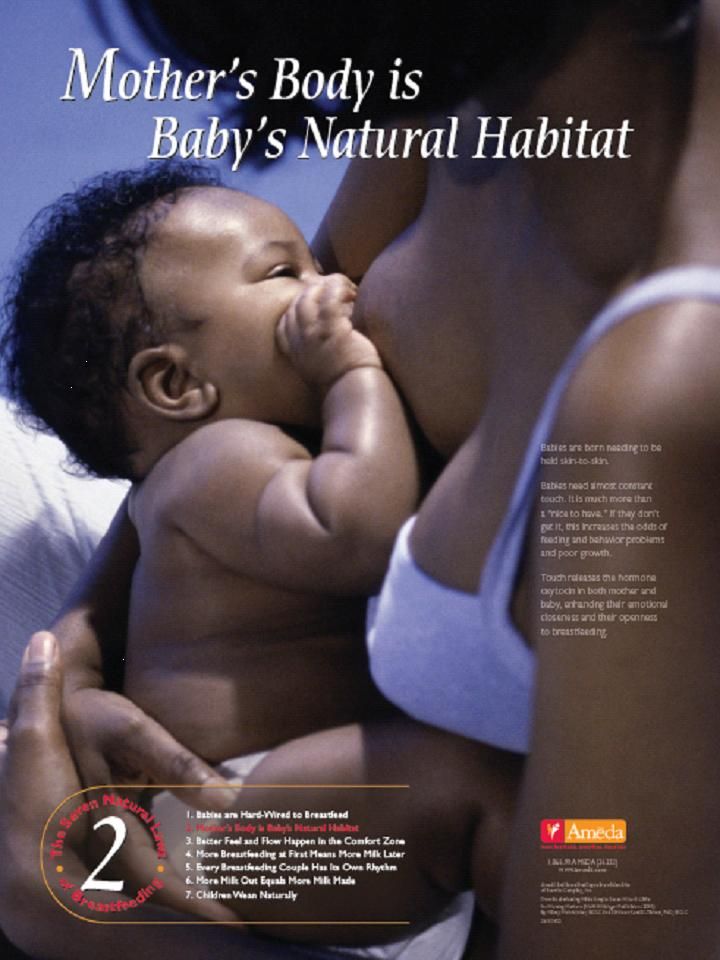 2 of the Medical Center in Yakutsk.
2 of the Medical Center in Yakutsk.
— A child has appeared in the family, happy parents bring a small bundle from the maternity hospital, which cries, and sometimes demands something that so far inexperienced parents do not know. How to guess what he wants and how to calm him down?
- All babies cry. And this is not always a signal for help. The crying of a newborn baby is a way to communicate with the world, because he still does not know how to express his feelings and desires. A hungry child has a demanding and prolonged cry. It may be that the child is uncomfortable lying in one position, does not like being wrapped in a diaper, and he begins to whine, if the child does not react in time, the child begins to declare himself louder. Also, babies can scream if it is cold or hot at home, it is not comfortable to lie in a wet diaper. If you still cannot calm the child, you need to see a doctor. Timely help from a specialist will help to avoid health problems.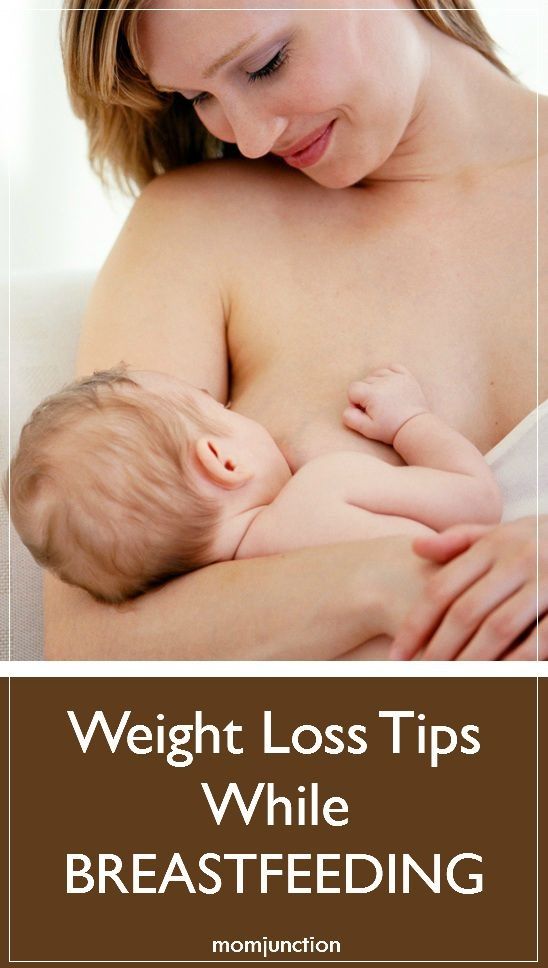
— Some babies don't let me sleep at night and cry non-stop, how can I stop this or is baby crying normal?
— A healthy child cannot cry all night non-stop. This is already abnormal, most likely, he is ill and needs to see a doctor.
In principle, a child's sleep is established within two years. He can wake up at night, want to eat, so newborns need to be fed on demand. Usually after feeding the child calms down and falls asleep.
- Many newborns suffer from colic, some mothers advise holding the baby upside down immediately after feeding to release gases, how justified is this?
— No, in no case should a child be held upside down, especially after feeding, he may burp or choke. A newborn baby is still very fragile and does not need to be subjected to various tests.
— After a caesarean section, a woman usually has little milk, how can breast milk lactation be increased?
— It all depends on the psychological mood of the woman, in order to increase lactation, you need to put the baby to the breast more often, this contributes to the production of milk, laid down by nature itself.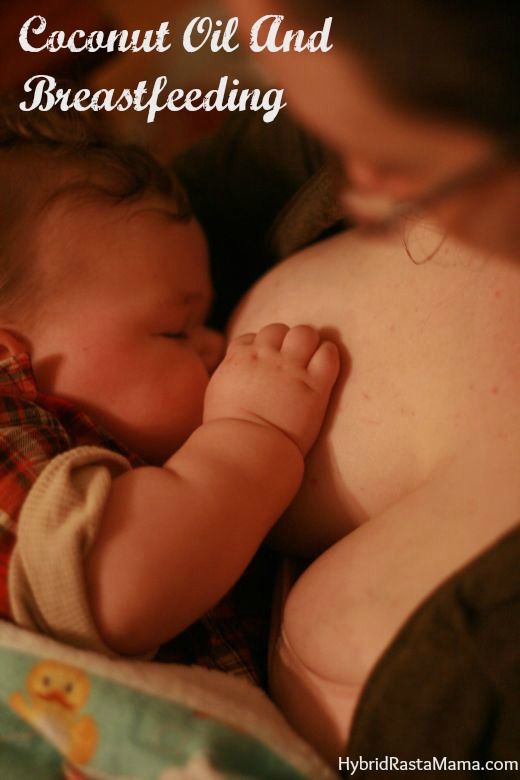 The hormone prolactin, which is responsible for the production of mother's milk, is well produced at night. When the child wakes up at night, it is necessary to apply the child to the chest. A breastfeeding mother must follow a strict diet. The baby's body reacts differently to foods: colic, gas formation, rashes, gastrointestinal upset, constipation, diarrhea may occur. Mom should completely exclude canned foods, semi-finished products, smoked meats, and sweets from the diet. Nutrition must be balanced. The composition of the diet should include dairy products, fruits, bread, vegetables, fish, lean meats, butter. Sufficient fluid intake is required. Include whole grain cereals in your diet: buckwheat, pearl barley, oats. Consumption of fish, spinach provides the optimal amount of iodine, calcium, iron.
The hormone prolactin, which is responsible for the production of mother's milk, is well produced at night. When the child wakes up at night, it is necessary to apply the child to the chest. A breastfeeding mother must follow a strict diet. The baby's body reacts differently to foods: colic, gas formation, rashes, gastrointestinal upset, constipation, diarrhea may occur. Mom should completely exclude canned foods, semi-finished products, smoked meats, and sweets from the diet. Nutrition must be balanced. The composition of the diet should include dairy products, fruits, bread, vegetables, fish, lean meats, butter. Sufficient fluid intake is required. Include whole grain cereals in your diet: buckwheat, pearl barley, oats. Consumption of fish, spinach provides the optimal amount of iodine, calcium, iron.
In general, a breastfeeding mother should pay close attention to the quality of the food and monitor the behavior of the baby during feeding. If the mother is in doubt, you need to try the cooked dish a little and watch the child, evaluate his reaction. The absence of allergic reactions will indicate the suitability of the product for consumption. You should remember about the aroma and taste of milk for feeding. Garlic, onion, sour food can affect the taste of milk, the child may not like it. A diet for nursing mothers is considered a mandatory attribute of a woman's life during the first year after the birth of a child. It is during this period that the child's immune system is formed, allergic reactions at this time are dangerous to health. Mom's diet makes it possible to protect the baby from allergic attacks.
The absence of allergic reactions will indicate the suitability of the product for consumption. You should remember about the aroma and taste of milk for feeding. Garlic, onion, sour food can affect the taste of milk, the child may not like it. A diet for nursing mothers is considered a mandatory attribute of a woman's life during the first year after the birth of a child. It is during this period that the child's immune system is formed, allergic reactions at this time are dangerous to health. Mom's diet makes it possible to protect the baby from allergic attacks.
— Many grandmothers advise breastfeeding mothers to have crucian fish soup…
— This should be looked at individually. If a mother regularly included fish dishes in her diet during pregnancy, then you should not be afraid for the health of the baby. He is still accustomed to it in utero, and most likely, an allergic reaction will not occur. If the mother avoided fish during pregnancy, then it should be introduced into the diet in small portions, while observing the reaction of the baby. In the first months of a child's life, mothers need to eat fish only boiled or steamed. That is why the ear is such a popular dish among nursing mothers.
In the first months of a child's life, mothers need to eat fish only boiled or steamed. That is why the ear is such a popular dish among nursing mothers.
- Does the volume of milk depend on breast size?
— Not at all, if a woman has given birth to a child, then she can breastfeed, this process is laid down by nature itself. The mother should have a positive psychological attitude that she will feed the child for up to a year. Almost all women are now breastfeeding.
There are different situations in life, sometimes a mother cannot feed her child with her milk because of a disease. Then adapted milk formulas come to the rescue, with the choice of which the local pediatrician will help you. With temporary contraindications, for example, if you are taking antibiotics, so that milk does not disappear, you need to express it.
— Can I afford to eat a small piece of cake, chocolate, ice cream, sushi, pizza, tangerines while breastfeeding, if I really want to?
— The main task of a breastfeeding mother is not to harm her baby.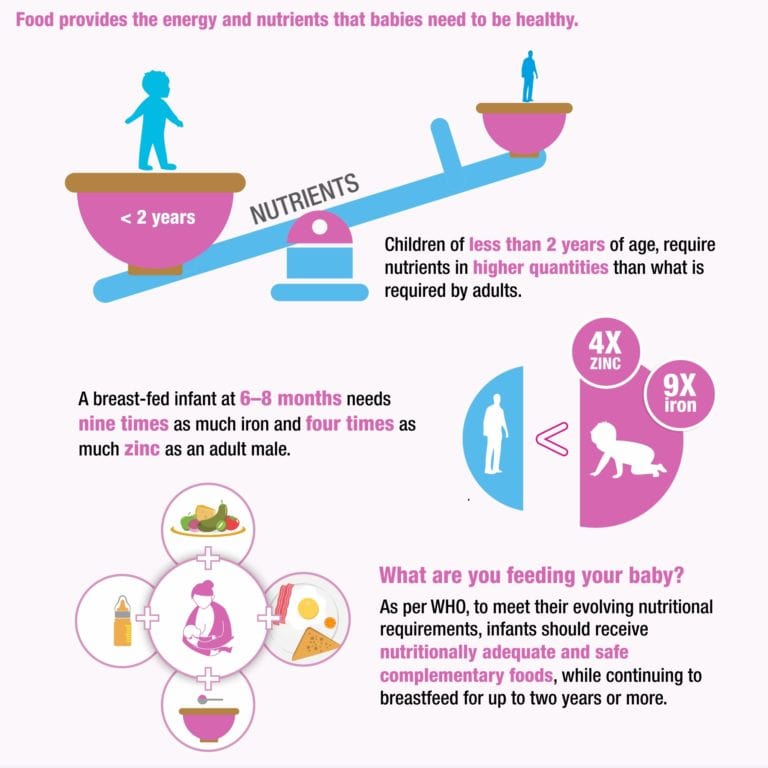 As I mentioned, such products are not recommended. Therefore, you must refrain.
As I mentioned, such products are not recommended. Therefore, you must refrain.
— In order for a child to grow up healthy, it must be tempered properly. What can you start at an early age?
— First of all, a child needs good care, dress according to the weather, prevent hypothermia, feed properly, observe the daily routine. Hardening can be started with walks on the street, you can walk up to -20C. At the same time, make sure that the child does not overcool.
Parents can easily learn how to give a restorative massage according to the child's age. All participants in the massage, both the child and the mother, should enjoy this. Rubbing, massage of the fingers improves the motor skills of the child.
— It is very hot in the city in summer, if there is no dacha, is it possible to take a small child with you to swim in the canal, wet your feet, lie down on the sand?
— A child under two years of age is generally not recommended to swim in open water, even in warm water.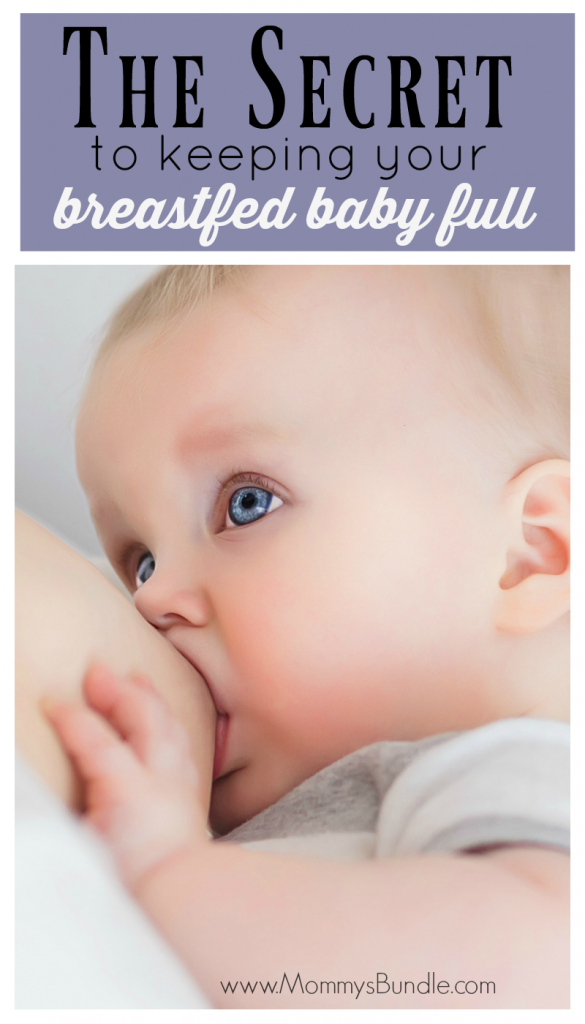 Water in open reservoirs, it is still unknown what quality it is, whether it is safe for a child, so it’s not worth the risk. Up to two years, you need to bathe only in a bath or pool with warm, comfortable water.
Water in open reservoirs, it is still unknown what quality it is, whether it is safe for a child, so it’s not worth the risk. Up to two years, you need to bathe only in a bath or pool with warm, comfortable water.
- If the child is constantly dressed warmly, avoiding cold, drafts, he grows in greenhouse conditions and can catch a cold even without a reason. Is it necessary to let a child from an early age walk barefoot on a cold floor, sleep on a balcony in spring and autumn, open a window in the bedroom in winter, stop wrapping him up all the time in order to build immunity and endurance?
— Of course, the child must be hardened gradually, but one should not resort to one extreme to another, this also includes walking on a cold floor. A child always needs good care, everything needs to be monitored. A child is a growing organism, and the environment must be appropriate for the baby to grow and develop well, surrounded by the love of relatives.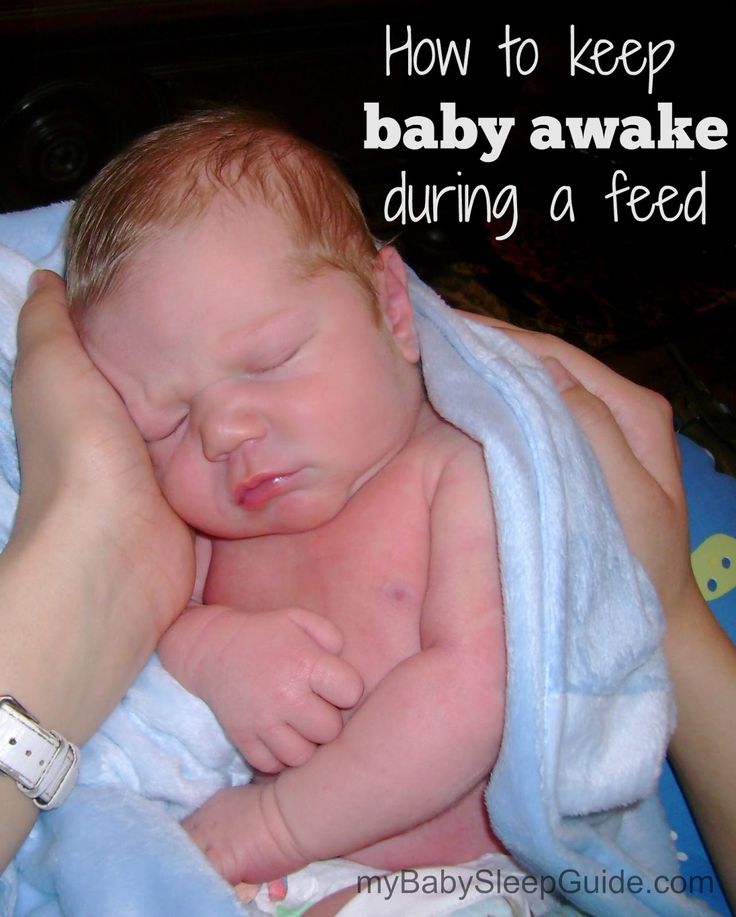 You need to sleep on the balcony only in the warm season, so that the child does not get cold. It is also not recommended to sleep with an open window, it is better to ventilate the room before going to bed, to prevent drafts. It must be remembered that children are more tender than adults, immunity has not yet been formed. Therefore, we do not recommend carrying out risky hardening.
You need to sleep on the balcony only in the warm season, so that the child does not get cold. It is also not recommended to sleep with an open window, it is better to ventilate the room before going to bed, to prevent drafts. It must be remembered that children are more tender than adults, immunity has not yet been formed. Therefore, we do not recommend carrying out risky hardening.
- But there are children who take off all their clothes and like to run around naked and never want to get dressed?
— From an early age, a child should be taught to wear shorts, a T-shirt, and slippers. It is instilled from an early age. Everything depends on the parents. If you have a dacha or grandmothers in the village, there is no better place for a city child to harden. You can run barefoot on the grass, join nature, feed on its power, get to know the world around you.
— Children often get sick in kindergarten, at what age can they be introduced to society?
— It is desirable to go to kindergarten from the age of three, but all parents are in a hurry to go to work, so they send their child to kindergarten early.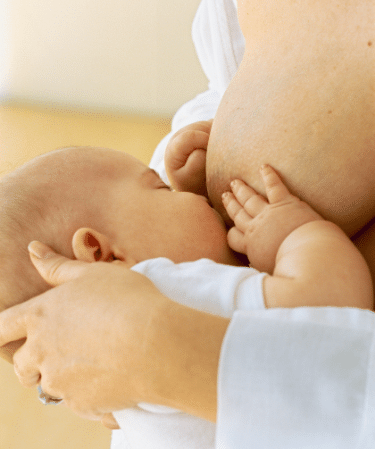 If a child is often sick, recovers, then again picks up one or the other SARS, acute respiratory infections, he needs to stay at home, at least three to four weeks without contact with children. The baby needs time to recover. He just recovered, went to kindergarten and fell ill again, this vicious circle needs to be broken, if there are grandmothers, call them to sit with the child. In addition, if the child is often sick, you can get a special vaccination - Prevenar.
If a child is often sick, recovers, then again picks up one or the other SARS, acute respiratory infections, he needs to stay at home, at least three to four weeks without contact with children. The baby needs time to recover. He just recovered, went to kindergarten and fell ill again, this vicious circle needs to be broken, if there are grandmothers, call them to sit with the child. In addition, if the child is often sick, you can get a special vaccination - Prevenar.
— At what age can children be taken to the sea?
— Until the age of two or three, a child is susceptible to infectious diseases. After climate change at such an early age, there is no guarantee that the child will not get sick, so parents need to be careful. If you go to the sea, ask in advance if your child has received all the vaccinations by age, in addition to the vaccination calendar, get a vaccination against rotavirus infection.
— Tatyana Vladimirovna, thank you for the advice to young mothers, I think they will come in handy for many. Neonatal jaundice affects up to 70% of newborns. If it is less common in full-term babies, then almost all premature babies face it. Moreover, the number of babies diagnosed with this condition is constantly growing. Doctors attribute this situation to environmental degradation, medication during gestation, and other negative factors affecting the body of a pregnant woman. Newborn jaundice usually begins immediately after birth, on the third or fourth day. On the tenth, the yellowness of the skin most often disappears. But treatment is recommended to start, even if bilirubin is not too high: the body of each child is individual and complications can give a slight excess of the indicator. The duration of treatment is also associated with the individual characteristics of the body: with equal amounts of bilirubin, different children require a different number of phototherapy sessions to cure. In many ways, the course of the disease is affected by the nutrition of the baby. When breastfeeding, the baby should eat a lot and often soil the diaper. This is because colostrum has a laxative effect. With jaundice, this alignment is very handy, because bilirubin leaves the body with feces and urine. The more the baby eats and the more often it is freed from waste products, the faster the jaundice passes. Moreover, early feeding is an excellent prevention of neonatal jaundice. In babies who immediately began to eat their mother's milk, increased bilirubin occurs less frequently than in other children. And if jaundice appears, it passes faster. Conclusion: breastfeeding is good for jaundice and helps the disease go away quickly and without consequences. Interestingly, with phototherapy, the child can be fed directly during treatment. To do this, you need to take a lamp with you to bed, shine a child and at the same time give him a breast. If you are treated at the KIM Medical Center, our doctors will show you how best to place your baby to feed him during the procedure. Breast milk is very beneficial for babies with jaundice, but only if they are fully fed. If the baby was put to the breast late or there are problems with breastfeeding, it is better to abandon it and switch to artificial feeding. However, here the decision to accept the doctor. There is another situation when it is worth giving up breastfeeding - the Rh-conflict of the baby and mother. If it occurs, then sometimes hemolysis develops - a condition when the red blood cells in the blood are destroyed. Namely, during this process, bilirubin appears. It turns out that breastfeeding with Rh-conflict aggravates the course of jaundice. However, the ban on breastfeeding in case of Rhesus conflict cannot be called absolute. If the baby is doing well, the doctor may allow breastfeeding under strict supervision. After all, although it exacerbates jaundice, milk remains beneficial for the child's body. Also, the pediatrician may advise only temporarily stop feeding in order to return it when the acute phase of jaundice passes. 0007 No need to follow the regimen, feed "on demand" as much as the child wants. Watch how the child behaves for signs that he is hungry. Usually children open their mouths, suck their fingers, smack their lips. Record feeding times. Make sure your child eats at least eight times a day. Children with jaundice often sleep a lot. You do not need to wake them up for breastfeeding, they can eat in their sleep. Nature made sure that the baby did not choke and choke while sucking on his mother's breast. Get ready that during phototherapy the baby will wake up more often, ask for food, demand attention. This means he is on the mend. Some children eat every 15-20 minutes and then fall asleep. This is normal behavior, although quite troublesome for mom. If you have such a baby, try to rest more often. Breastfeeding with jaundice | how to do it right
Breastfeeding with jaundice | how to do it right 
Breastfeeding during jaundice is beneficial 
When not to breastfeed 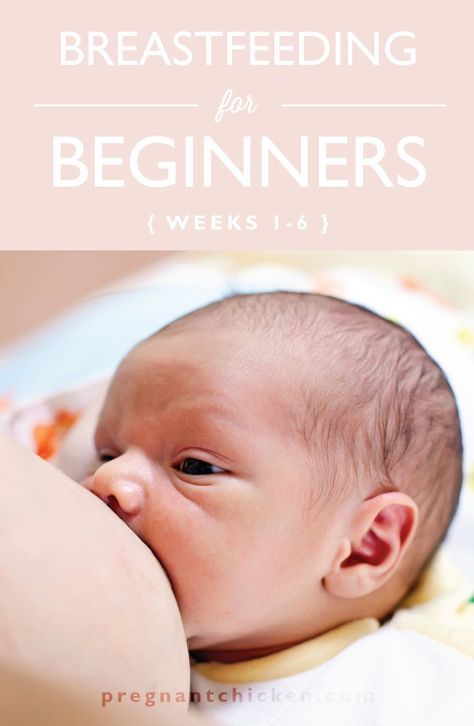
5 tips for mothers breastfeeding a baby with jaundice
